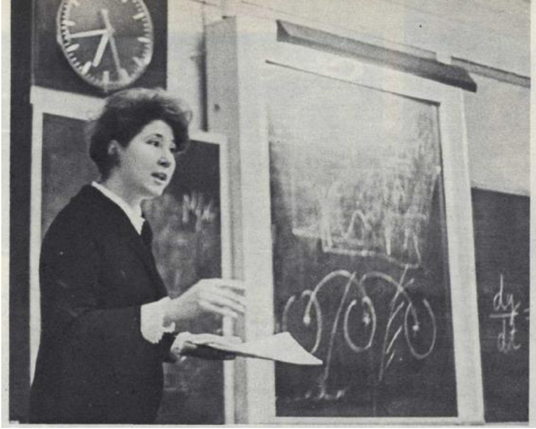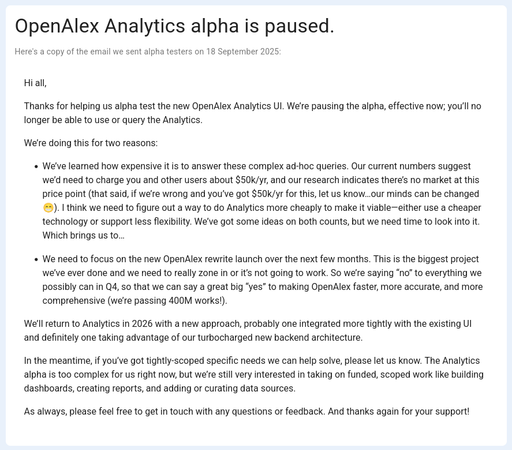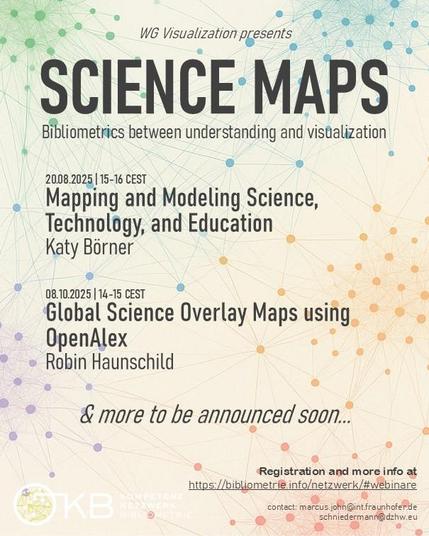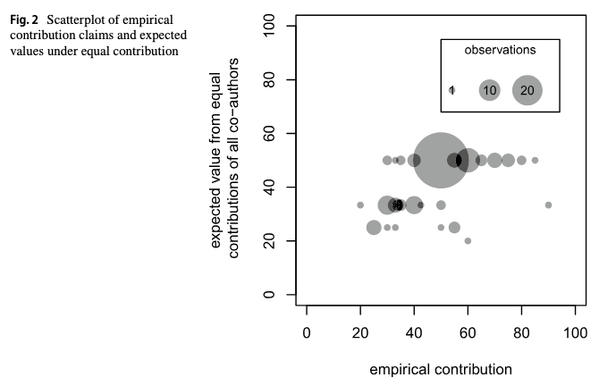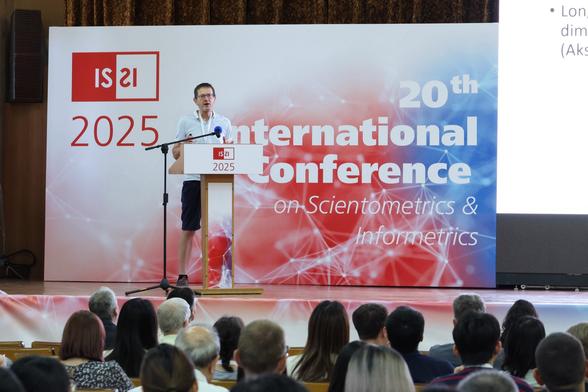Today at my alma mater, I spoke about how research evaluation is quietly shifting from citations to ChatGPT-style predictions.
👉 https://doi.org/10.13140/RG.2.2.30585.12642
AI can already “detect quality” from text alone, and sometimes performs better than classic metrics. But it doesn’t evaluate science: it rewards what sounds like good science. We may be heading from “publish or perish” to the new absurdity: “write ChatGPT-friendly or perish.”
#AI #ChatGPT #ResearchEvaluation #Scientometrics #LLM #OpenScience
